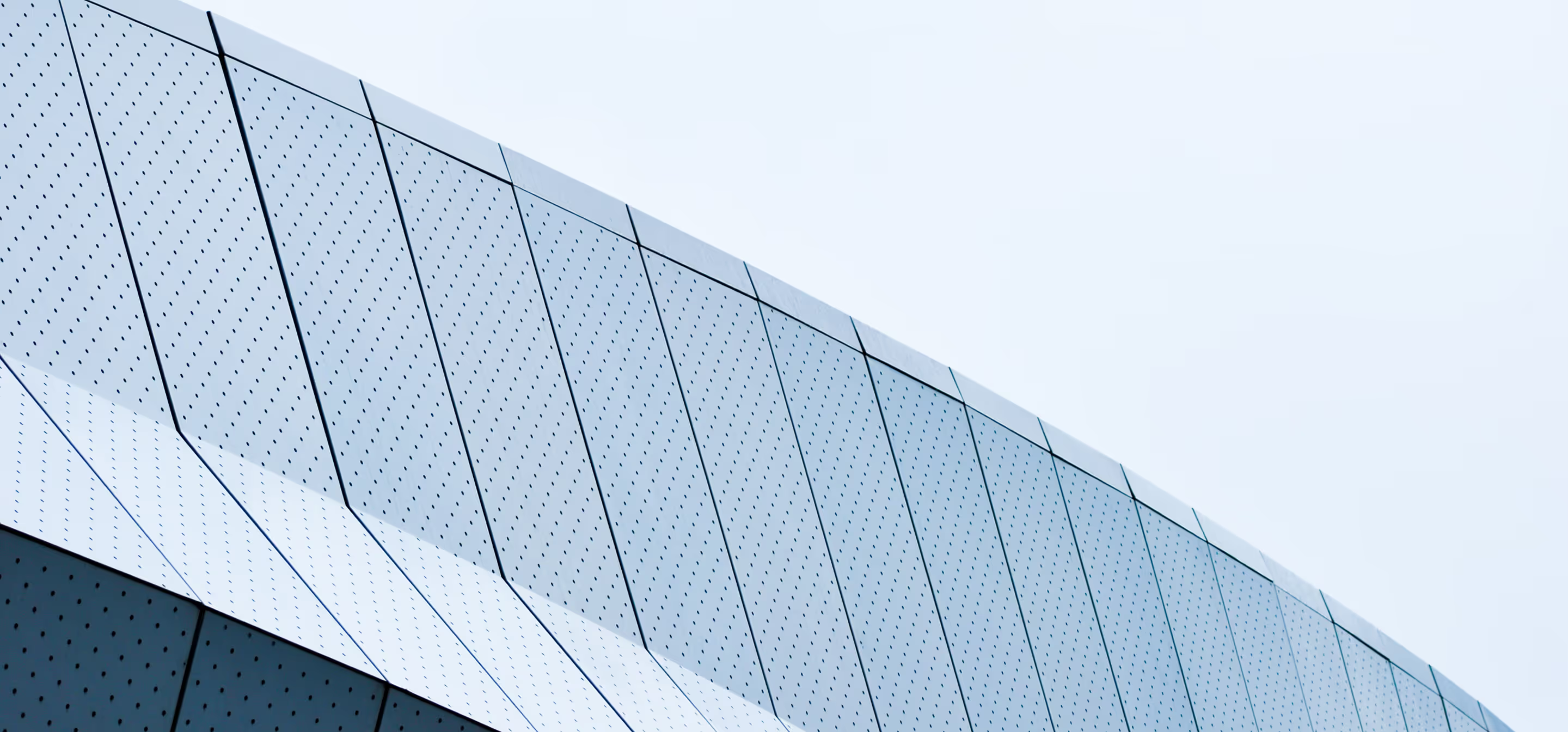Why we invested in Again

We are very excited today to announce our investment in AGAIN as part of a $43m Series A led by HV Capital and Google Ventures, with participation from EIFO and existing investors ACME Capital and Atlantic Labs.

AGAIN captures carbon dioxide (CO2) and turns it into valuable chemicals, reducing the reliance on oil or natural gas as a feedstock. Today’s funding announcement marks another big milestone for the company, founded in 2021 in Denmark, based on research by Dr. Torbjørn Jensen and Professor Alex Nielsen at DTU, Stanford and MIT. Former early-stage investor Max Kufner completes the stellar founding team. As a Danish-domiciled fund, AGAIN also holds special significance for KOMPAS as it marks our first Danish investment.
The chemical industry is a $6 trillion industry and the third-largest industrial subsector in terms of its CO2 emissions due to its significant energy consumption. It touches every aspect of our lives from the food we eat to the clothes we wear and the electronics we use. Currently, 90% of the chemical industry relies on oil or natural gas as a feedstock, making this sector notoriously hard to decarbonize. Identifying alternative, non-oil-based sources to feed the chemical sector is therefore critical.
Consumer demand for environmentally friendly products, regulatory pressures, and the intrinsic benefits of resource efficiency and innovation drive the sector more sustainability. Carbon capture and storage (CCUS) and the development of low- emission materials and processes play a critical role in this context. If suppliers of green chemicals can match the price of conventionally produced chemicals, there will be a strong shift towards substitution for better sustainability performance.
Several approaches can be combined to produce chemicals more sustainably. They include bio-based feedstocks, minimising the use of hazardous substances for example through advancements in catalysts, making products biodegradable and recyclable, and optimising resource use (e.g. water and raw materials) through better processes. AGAIN’s process captures CO2 from flue gases and combines it with hydrogen and nutrients in a bioreactor to produce acetate through gas fermentation. The acetate is then purified and converted into chemical outputs, such as acetic acid, a commodity chemical used in a range of industries including the textile industry (e.g. to dye both nylon and cotton fabrics), or in the water treatment industry (e.g. to adjust the pH level of water).

In AGAIN’s bioreactors, microscopic bacteria act as biological, self-regenerating catalysts. They efficiently convert supplied CO2 and energy substrates through hundreds of enzymatic reactions within a single bacterial cell that generate various chemical compound. This gas fermentation process involves sourcing CO2 directly from an emitter, feeding it into the bioreactor where bacteria, energized by hydrogen (H2), transform carbon into liquid chemical products. Harvesting these products from the process enables the conversion of gaseous waste into valuable chemicals our global industries rely on.
Thanks to biology’s flexibility and adaptability, AGAIN’s fermentation technology efficiently fixes CO2 from diverse gaseous waste streams. It also tolerates common impurities like sulphur and nitric oxides in feed streams, and adapts to varying compositions of CO2, CO, and H2. This resilience of the technology reduces the need for extensive pre-processing and purification of emitted gases compared to other CCU technologies. Additionally, as bacteria grow and divide naturally using CO2, they act as a self-regenerating catalyst, cutting maintenance costs while simultaneously capturing additional CO2. The resulting acetate or acetic acid serves as a platform chemical essential for producing various other compounds such as vinyl acetate monomer (a $80B market), used in the adhesives, coatings, paints, films and textiles, as well as terephthalic acid (a $60B market). As a CO2-negative drop-in, the fermentative bioproduction of acetate and acetic acid supports the decarbonisation of multiple industries.
AGAIN’s mission to decarbonise the chemical industry and its dependent downstream manufacturing aligns perfectly with our focus on investing in breakthrough technologies that accelerate the decarbonisation of hard-to-abate industries. The robustness of AGAIN’s technology coupled with a highly attractive margin profile and significant off-take agreements with leading chemical distributors, along with the exceptional quality of the team, led us to confidently support the company with a substantial investment.
We are excited to work with Dr. Torbjørn Ølshøj Jensen and Maximilian Kufner as AGAIN scales up. Congratulations to them, Professor Alex Toftgaard Nielsen, whose research underpins the foundation of AGAIN’s technology, and the entire AGAIN team on reaching this significant milestone.
— By Sebastian Peck, Partner | KOMPAS VC

